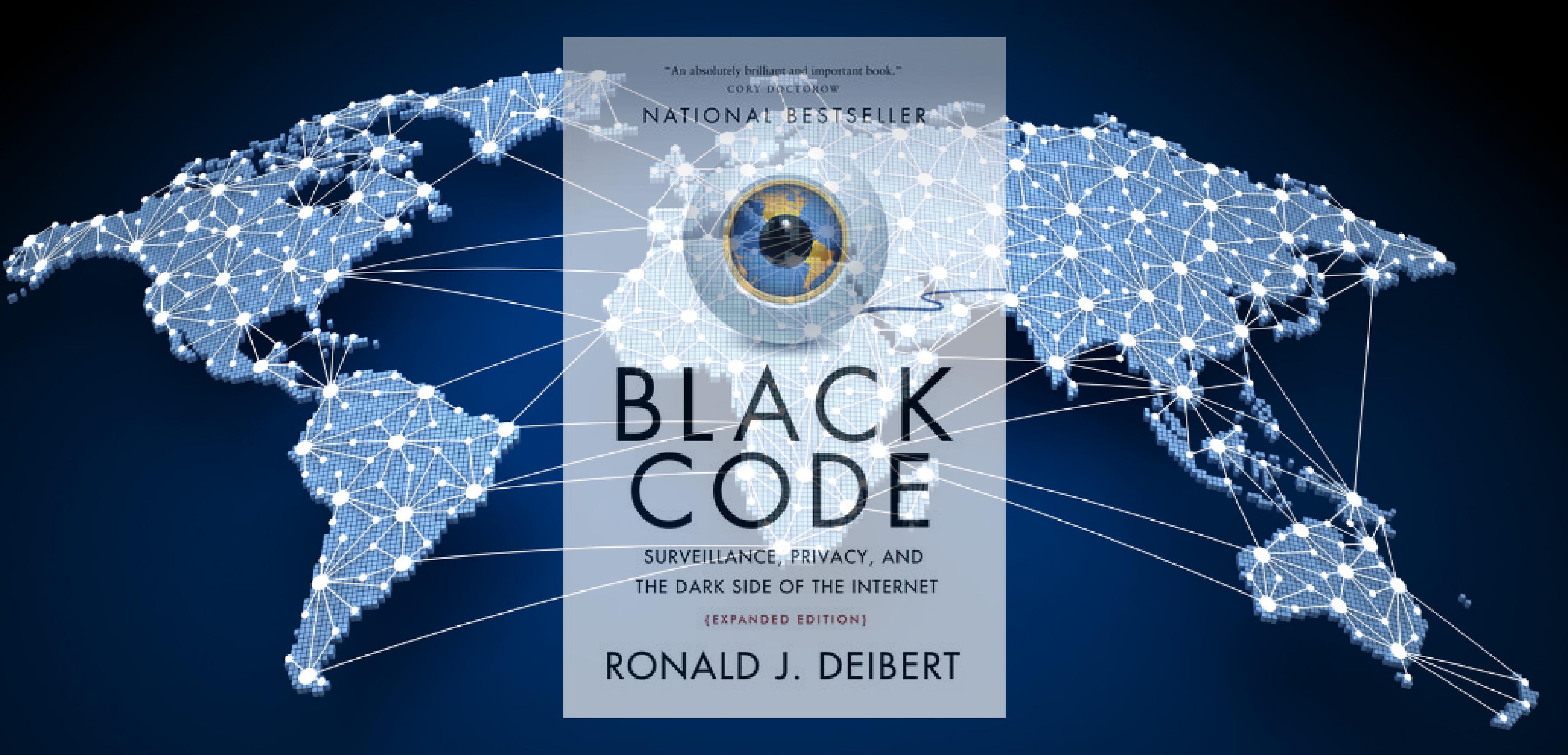For the past twenty years the internet has become more and more embedded in the lives of millions of people. This change has not just been taking place in affluent developed countries, but has rather spread to many developing countries as well. In fact, the gap is narrowing in terms of the number of people connected to the internet between developed and developing countries given the speed at which this trend has been manifesting itself in developing countries[1]. As access to the network known as the internet expands and permeates the lower socio-economic classes, the role of the network becomes more prominent in in constructing the globalization phenomenon.
When Scholte, a globalization scholar, examined the current phase of inter-connectedness to determine if there were elements that distinguish it from other phases of global integration, he determined that the ability to have instantaneous and simultaneous interactions is a novel experience. He labeled that supra-territoriality and concluded that its presence is grounds for arguing that the current phase of globalization is qualitatively distinct from past phases (insert citation). Therefore, the state of the internet, given that it’s the primary catalyst for supra-territorial experiences, is crucial in shaping the contours of globalization as we experience it today.
In his book entitled Black Code: Surveillance, privacy, and the Dark Side of the Internet, Ronald Deibert seeks to expose the changes that have been taking place recently in the internet in order to warn us about the possible consequences of sinister trends that have been playing out. Of particular concern to him is the gradual erosion of privacy with the concomitant collusion between government agencies and internet service providers (ISPs) which has manifested itself in extralegal provision of information by ISPs to government. He has also expressed unease about the militarization of cyberspace and the consequences this trend will have for the future of the internet as a network of free information exchange. Deibert is in favour of protecting anonymity online as he views a group like Anonymous as a negative force that will provide governments with the pretext to impose a regime that will do away with people’s right to online privacy. At the heart of Deibert’s reasoning is the premise that liberal democratic ideals have to be upheld and protected in liberal democratic countries and promoted in non-democratic states.
The author devotes the third chapter to exploring how various entities have sought to capitalize on the data explosion that has resulted from the increased permeation of cyberspace into our lives. These entities include private corporations that harvest data and sell it to marketing companies for more effective advertising or give/surrender it to law enforcement or intelligence agencies which have amassed ginormous quantities of data and metadata that can be used to gather information quickly and identify trends early. What is also notable is people’s inability to control this data once it has been collected and the fact that it takes place across national borders.[2] It is important to note, however, that awareness of these practices among the public has grown lately, especially in liberal democratic countries. Take the example of Canada where a public opinion survey conducted by the Office of the Privacy Commissioner of Canada has revealed that “most Canadians are at least moderately concerned about posting various types of personal information online and about how this information might be used by organizations.”[3] This has been reflected in behavioural changes as the survey has revealed that a “majority of mobile device users [have taken] basic security precautions.”[4] and “most Canadians have refused to provide an organization with their personal information at one time.”[5] All of this points to growing wariness on part of the public about the extent personal data is being shared by organizations which is somewhat reassuring. Continued mobilizing of civil society groups is necessary to wrest this newly discovered instrument from the hands of potential abusers. Many others such as Mark Rotenberg, director of the Electronic Privacy Centre have jumped on the bandwagon and sought to contribute to the discourse surrounding the issue of privacy. He outlines four measures that ought to be taken to strengthen online privacy. These are the reaffirmation of support for fundamental legal instruments, the assertion of applicability of legal norms across national borders, the promotion of the development of technology to protect privacy, and the encouragement of citizen participation in decision making.[6] The third recommendation concerning technology entails “[ensuring] anonymous transactions” as well as “[ensuring] the application and enforcement of fair information practices”[7] Had Deibert included more information on what can be done to reverse the trend toward the loss of privacy, his account would have come across as less alarmist and more solution-oriented.
Deibert also focuses in many chapters of his book on the blunting of the internet as an instrument of democracy promotion and a regression from the ideal of the internet becoming a network of information exchange and cultural enrichment. He points to extralegal acts of censorship and surveillance prevalent in China and Russia, and documents both states’ attempts to shape cyberspace in a manner that is compatible with their regimes. He also draws attention to countries with authoritarian systems of governance that have engaged in acts of tracking and suppression which in many cases were facilitated by the technical collaboration of Western technology companies selling their tracking and surveillance services to the highest bidder. He also makes the point that the increase in the proportion and number of users from regions with a loose adherence to the rule of law as well as the possibility to seek shelter in local jurisdictions while engaging in criminal activity with global ramifications have contributed to increasing insecurity in cyberspace.
With the respect to the issue of militarizing cyberspace, I observe parallels between Deibert’s assertions and Derek Gregory’s article entitled The Everywhere War. Deibert’s account is more comprehensive since it avoids excessive focus on the role of the United States in militarizing cyberspace while at the same time documenting the first act of state-sponsored cyber war. That said, there is a little bit of inconsistency when he speculated about the retaliatory intentions of India in the aftermath of cyberattack on its critical infrastructure by saying “unlike the United States, Britain and other [Western] democracies, the Indians, we sensed, were not going to follow a conventional playbook should they decide to fight back.”[8] The quote shows that he holds liberal democracies in higher esteem in terms of the instruments they use on the global stage, despite having acknowledged that the US and Israel, two democracies, have engaged in the first act of cyber warfare.
I share Diebert’s concern for the implications of the developments spoken of earlier for democracy, as I see parallels between the concentration of data and information in a few hands and that of increased influence of money in politics, a scenario that is especially pertinent in the case of the United States. This is important because the free and unfettered exchange of information on a global scale would have negative consequences for all regimes that rely on censorship and restricted access to information to stay in power. Contrary to what some say regarding the tendency of likeminded people to associate together in cyber space, just as they do in real life, I believe that for those who have not come to form their views yet, having access to more information will make a difference in that their exposure to a myriad perspectives will help them develop a distinct outlook on life.
In the last chapter of his book, Deibert mentions “the elaboration of property rights, roles and responsibilities for all who share in and sustain cyberspace”[9] and sees civic networks as part of the solution.He advocates a distributed approach to security that starts with “building structures that rein in and tie down political power both domestically and internationally as a way to secure rights and freedoms”[10] in addition to his notion of stewardship. All of these measures share the characteristic of being bottom-up approaches to governance. These are the same solutions I would devise for the problem of concentration of power, whether it is cyberspace or real life. It would have been more helpful had he devoted more space to explaining how these solutions could be implemented.
Finally, the style and language used by the author border on the colloquial thus make his account easy to read and understand. This helps make his work more accessible but the inclusion of a theoretical framework would have helped add a layer of sophistication that would make the work more attractive to more academically-inclined audiences. Nevertheless, the writing is clear and engaging and the book is well worth reading.
[1] Deibert, R. (2013). Black Code: Surveillance, Privacy, and the Dark Side of the Internet.
[2] Deibert, R. (2013). Black Code: Surveillance, Privacy, and the Dark Side of the Internet.
[3] Research. (n.d.). Retrieved December 2, 2015, from https://www.priv.gc.ca/information/por-rop/2015/por_2014_12_e.asp
[4] ibid.
[5] ibid.
[6] PRESERVING PRIVACY IN THE INFORMATION SOCIETY. (n.d.). Retrieved December 2, 2015, from http://www.unesco.org/webworld/infoethics_2/eng/papers/paper_10.htm
[7] ibid.
[8] Deibert, R. (2013). Black Code: Surveillance, Privacy, and the Dark Side of the Internet. P.153
[9] Deibert, R. (2013). Black Code: Surveillance, Privacy, and the Dark Side of the Internet.
[10] Deibert, R. (2013). Black Code: Surveillance, Privacy, and the Dark Side of the Internet. P. 238-244
Disclaimer: Any views or opinions expressed in articles are solely those of the authors and do not necessarily represent the views of the NATO Association of Canada.




